COVID-19 compromises social networks. What this means for people in humanitarian crises Iraqi, Iranian and Somali asylum seekers at a tent camp in the Netherlands. ROBIN UTRECHT/AFP/GettyImages Jeeyon Kim, Visiting…
COVID-19 compromises social networks. What this means for people in humanitarian crises Iraqi, Iranian and Somali asylum seekers at a tent camp in the Netherlands. ROBIN UTRECHT/AFP/GettyImages Jeeyon Kim, Visiting…
Jeeyon Janet Kim, Elizabeth Stites, Patrick Webb, Mark A. Constas, and Daniel Maxwell published “The effects of male out-migration on household food security in rural Nepal“ in Food Security in…
Anne Radday and Jeeyon Janet Kim presented on Feinstein research and methodologies at the Resilience Measurement Evidence and Learning Conference in New Orleans on November 13, 2018. As part of the panel…
Dan Maxwell, Nisar Majid, Guhad Adan, Khalif Abdirahman, and Janet Kim published their article “Facing famine: Somali experiences in the famine of 2011” in Food Policy journal December 2016 issue….
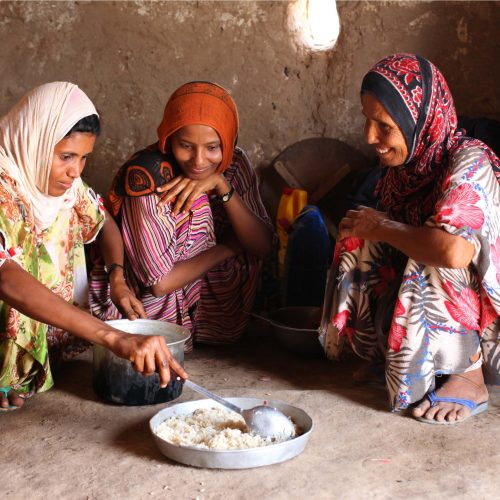
After more than seven years of conflict over 20 million Yemenis—66% of the population—are in need of assistance. Nonetheless, the humanitarian response in Yemen remains severely underfunded. This study examines the ways in which Yemenis have relied on their social networks to survive.
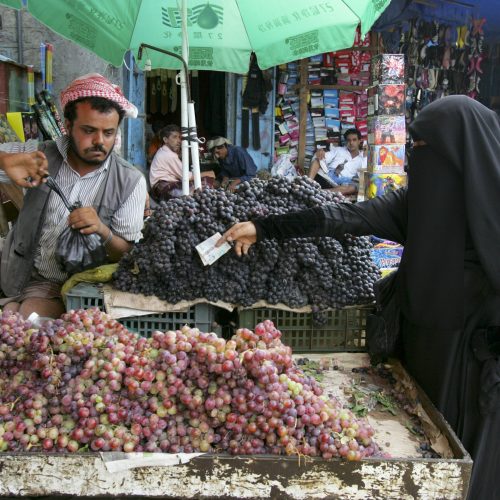
This brief report presents initial findings from a study investigating the role of social networks in Yemen’s humanitarian crisis.
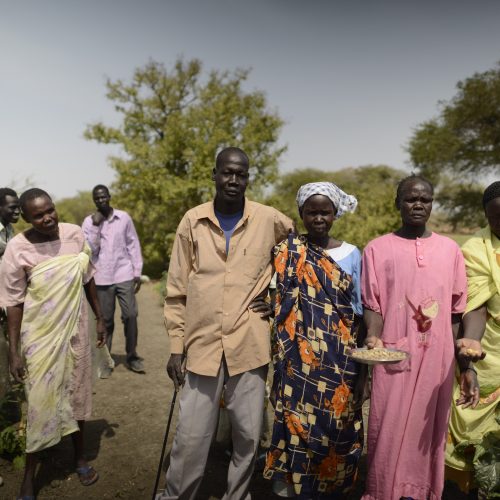
This study looked at how social connections during times of crisis enable populations to manage shocks and stresses in South Sudan.
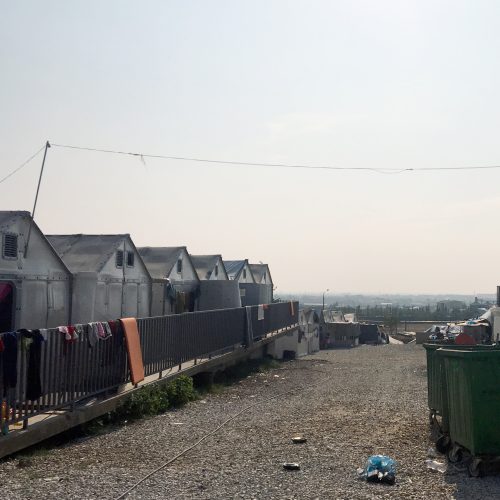
This report attempts to shed light on the integration process for the most recent wave of refugees in Thessaloniki.
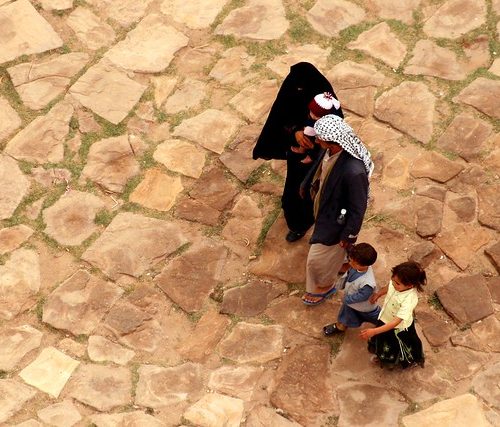
A study of the effectiveness of the Integrated Phase Classification (IPC) system, as it is used to identify famine and levels of food insecurity in Yemen.

A study of the effectiveness of the Integrated Phase Classification (IPC) system, as it is used to identify famine and levels of food insecurity in Yemen.
The humanitarian situation in Somalia is among the world’s most enduring current crises. As a result of conflict and a very weak central state, the country ran for two decades…
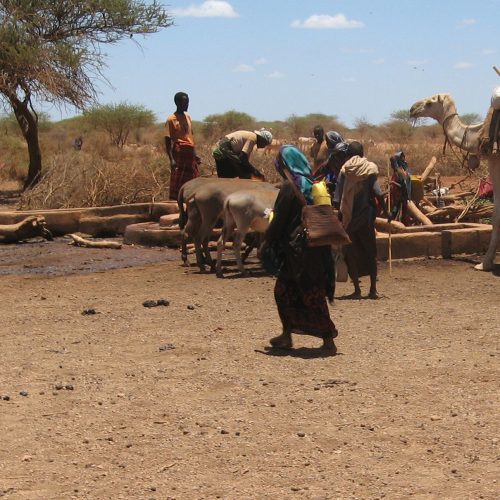
The humanitarian situation in Somalia is among the world’s most enduring current crises. As a result of conflict and a very weak central state, the country ran for two decades…
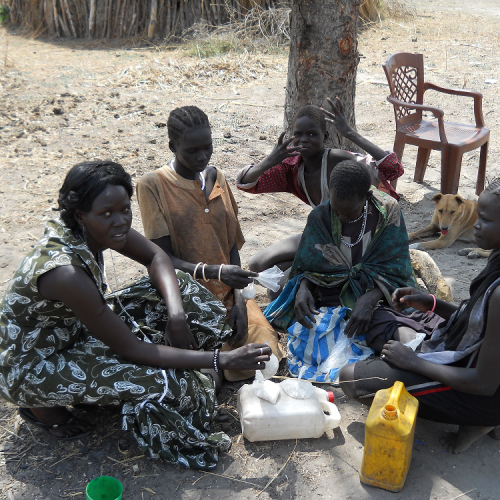
A study of the effectiveness of the Integrated Phase Classification (IPC) system, used to identify famine and levels of food insecurity, in South Sudan.
The briefing paper about a study of the effectiveness of the Integrated Phase Classification (IPC) system, used to identify famine and levels of food insecurity, in South Sudan.
Dans le but d’identifier et de classifier la sévérité de l’insécurité alimentaire, y compris la famine, le Nigeria utilise l’approche du Cadre Harmonisé (CH), un processus analytique semblable au Cadre…
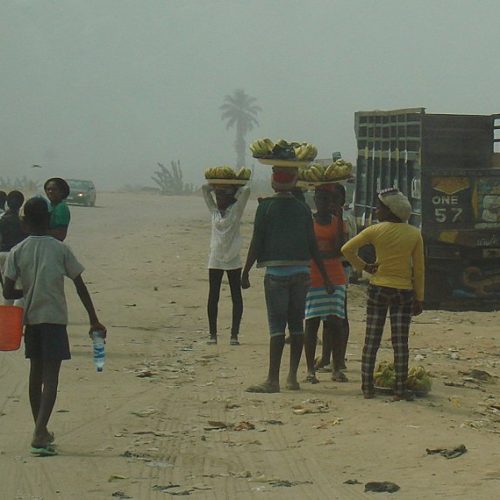
Ce rapport examine le Cadre Harmonisé pour mieux comprendre les contraintes techniques et politiques à l’analyse des famines et des urgences extrêmes.
The humanitarian community has technical definitions of famine and food security or nutrition emergencies: the Integrated Food Security Phase Classification (IPC). The classification requires good quality and coverage of food…

This report examines the Cadre Harmonisé in Nigeria to better understand the technical and political constrains to analyzing famines and extreme emergencies.
This brief examines the Cadre Harmonisé in Nigeria to better understand the technical and political constrains to analyzing famines and extreme emergencies.
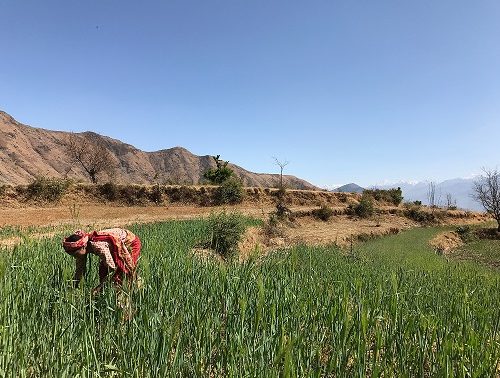
This report investigates food security resilience in Far-Western Nepal.
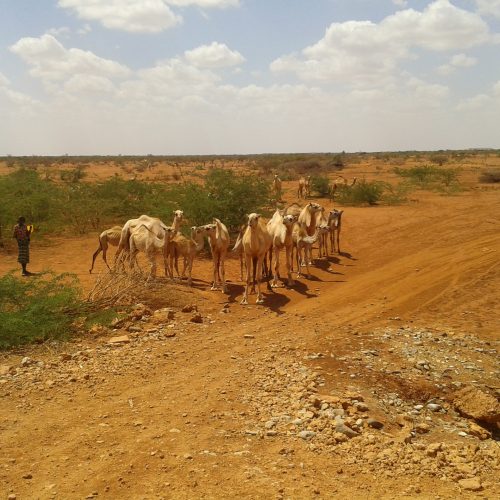
This paper is important reading for anyone working in or on Somalia because it presents the Somalian famine of 2011 from the perspective of those who lived through it in…
In 2011–12, Somalia experienced the worst famine of the twenty-first century. Since then, research on the famine has focused almost exclusively on the external response, the reasons for the delay…
The Somalia famine of 2011 was to date the worst famine of the 21st Century. In retrospect the disaster should never have reached the severity that it did, but the famine developed…
On July 20, 2011, the UN declared a famine in South Central Somalia, which killed some 260,000 people (Checchi and Robinson 2013). Though Somalia was the worst affected country, the…
Access to productive rangeland has long been a critical issue affecting pastoralists in Ethiopia. In November 2011, the Feinstein International Center at Tufts University facilitated a review of a specific…
The project Revitalizing Agricultural/Pastoral Incomes and New Markets (RAIN) is a three‐year project implemented by Mercy Corps and Save the Children UK (SCUK) in parts of Somali and Oromiya Regions…
This project includes studies on early warning and assessment of crises, specifically looking at real-time monitoring, anticipatory action, political constraints, data collection and analysis, and the validity of indicators.
This study seeks to understand the availability and quality of information, and the external influences on data collection and analysis for the classification of food emergencies.
This USAID-funded five-year project (2014-2019) aims to improve food security, resilience, and livelihoods for poor and marginalized communities in select areas of rural Nepal.
The BRIDGES project aimed to strengthen the capacity of state and non-state actors in the Somali region of Ethiopia to promote peace and stability through the delivery of quality education.